The message behind every unemployed worker is a whole family
On June 6, during the question-and-answer session with Minister of Labor, Invalids and Social Affairs Dao Ngoc Dung, many delegates used their right to debate to talk about the increasing situation of one-time withdrawal of social insurance, demanding clarification of the causes and solutions.
Some delegates pointed out that workers who lose their jobs have their savings eroded, so they have to withdraw their social insurance at once as a last resort to cover expenses. "Behind every worker who loses their job is an entire family," said delegate Ly Tiet Hanh (Binh Dinh delegation), noting that if the story of workers is properly resolved, society will have fewer problems.
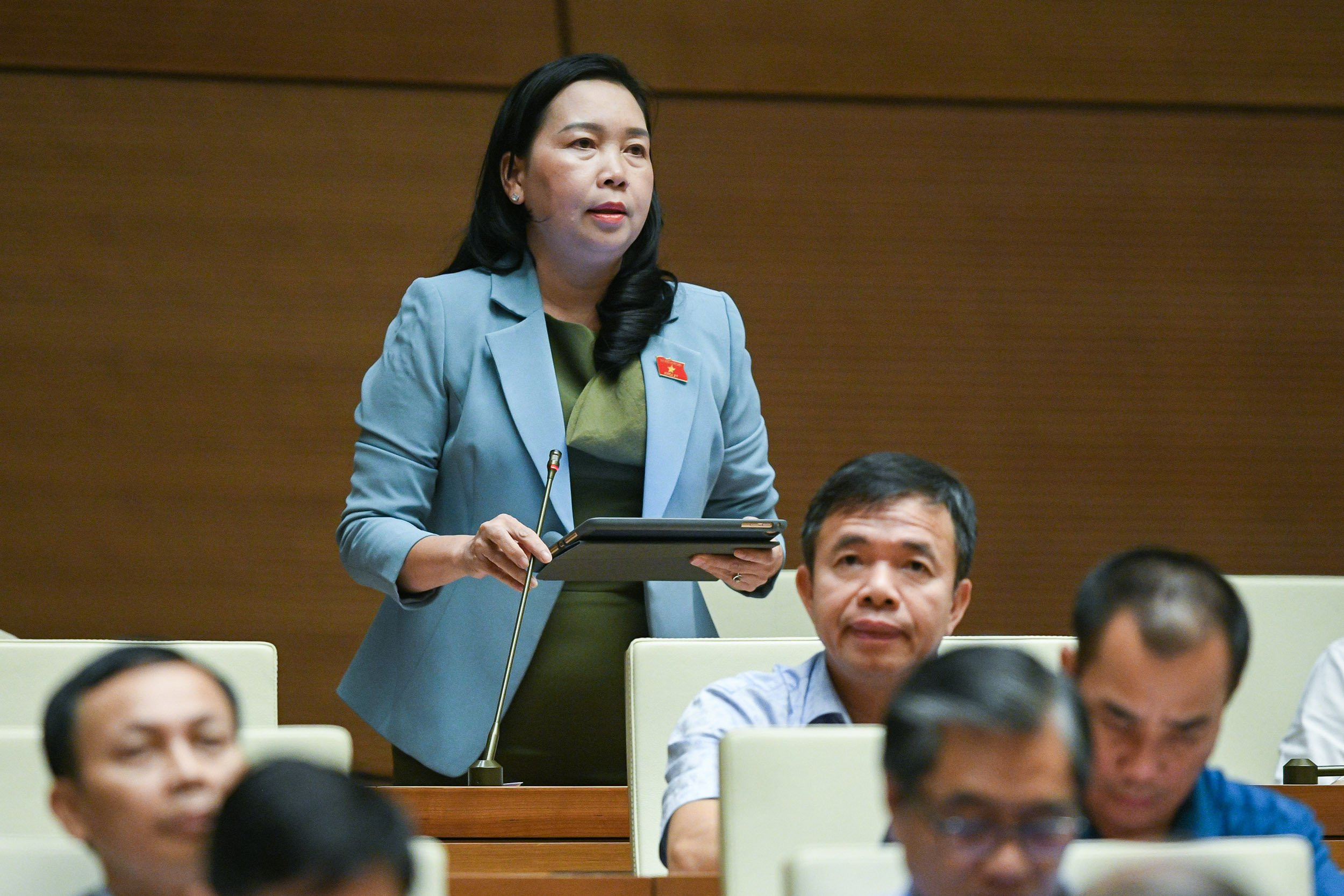
Responding to the issues raised by deputies Nguyen Thanh Cam and Tran Thi Dieu Thuy, Minister Dao Ngoc Dung said that before 2019, the number of people withdrawing social insurance was about 500,000 people/year. However, by 2023, this number will increase to more than 900,000 people/year.
"The number of people withdrawing social insurance at one time is almost equal to the number of participants, this is a risk," said Minister Dao Ngoc Dung, sharing that if the situation of withdrawing social insurance at one time does not decrease, it will be difficult to ensure social security for the elderly and people of retirement age, and the social security policy system will also be difficult to sustain.
Stating the reason, the Minister of Labor, Invalids and Social Affairs frankly mentioned that because the income of workers is low, the majority falls on workers, while there are very few civil servants and public employees.
"The number of people withdrawing social insurance at one time has increased in the past few years in the worker sector and in the South (accounting for 72%), this is a very thoughtful issue," informed Mr. Dao Ngoc Dung.
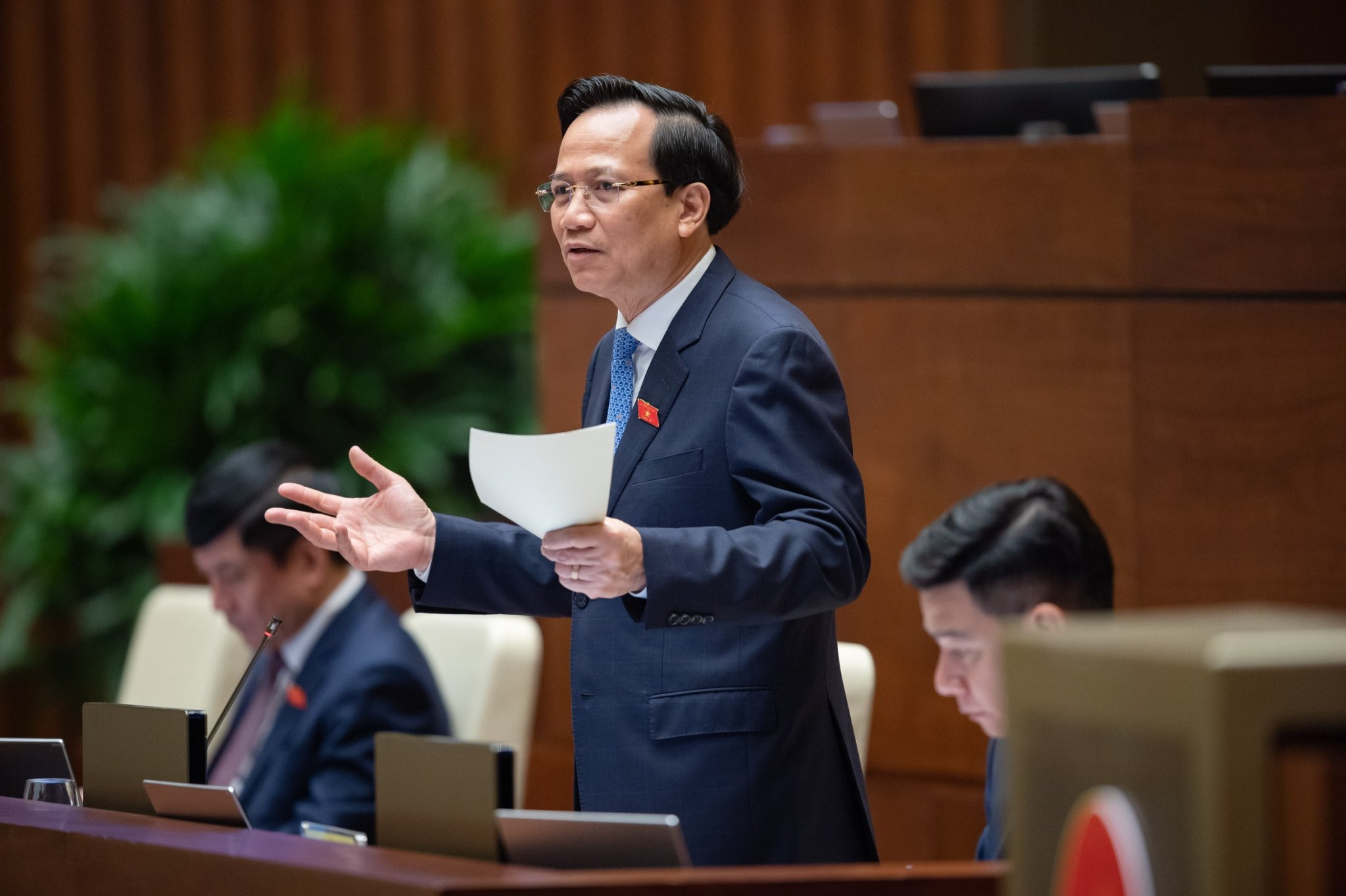
Why is the number of one-time social insurance withdrawals increasing? According to the Minister, no country has a one-time social insurance withdrawal mechanism as easy as Vietnam. He said that the benefits of one-time social insurance withdrawals are high, but the propaganda work on this issue has not been carried out effectively.
Using the right to debate for the second time with the Minister, Deputy Tran Thi Dieu Thuy (HCMC) was not satisfied with the assessment that the cause was due to the propaganda work. She said that the desire of workers is a consistent social insurance policy and long-term stability. According to Deputy Tran Thi Dieu Thuy, there is a factor that after 10 years of amending the Law, there are different social insurance policies, leading to insecurity, so they calculate the benefits of withdrawing once, then participating again.
Also debating, Deputy Nguyen Anh Tri (Hanoi) raised the issue that the number of people withdrawing social insurance one time from 500,000 to 900,000 people/year in the past is very worrying.
“Employees withdrawing their social insurance payments one time is often out of necessity and is their true wish, so it should be respected, but there also needs to be a solution to ensure the stability of the insurance fund,” said Mr. Nguyen Anh Tri.
Delegate Nguyen Anh Tri agreed with the solution to ensure the rights of depositors and maintain the stability of the Fund. However, he proposed a solution to consider the option that in the first 5 years, if the depositor withdraws, only the amount paid will be returned. From the next 6-15 years, the amount paid will be returned plus the average savings interest rate. After 15 years, all the money they paid will be returned, including the money the agency paid to them.
Pay social insurance for 15 years or possibly 10 years
Responding to the debate of Deputy Tran Thi Dieu Thuy, Minister Dao Ngoc Dung clearly stated that the most important and profound reason is how to improve the lives of workers.
Regarding the amendment of the Social Insurance Law, the Minister said that it is necessary to consider all policies related to insurance. If workers continue to pay for 20 years, they will not be able to wait, especially in labor-intensive industries and fields.
Minister Dao Ngoc Dung expressed his opinion that the social insurance payment period should be reduced to 15 years or possibly 10 years according to international practice. Correspondingly, the payment is less, the benefits are less, along with the principles of sharing, contribution and benefits, and equality.
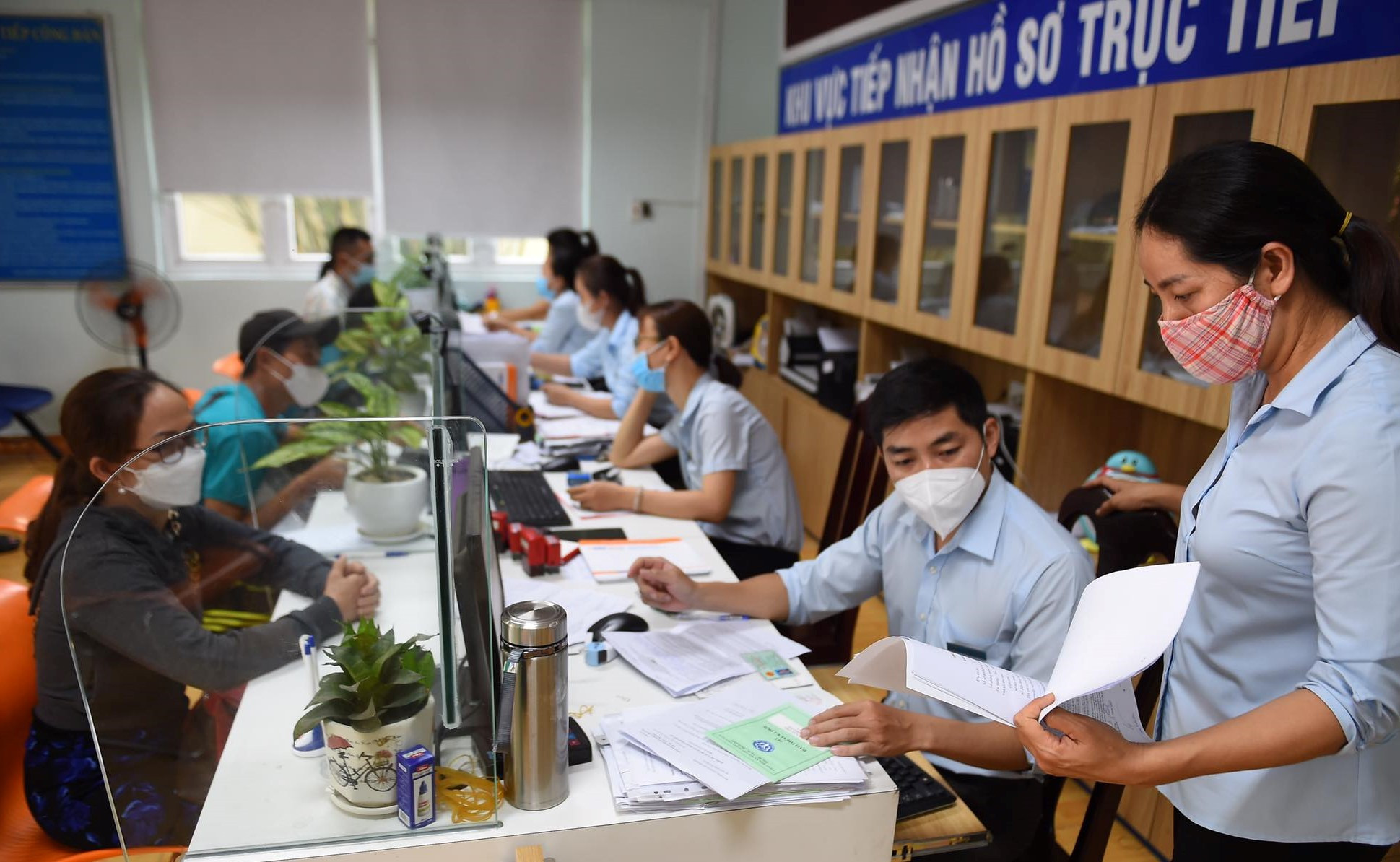
“Stopping one-time withdrawal of social insurance is a difficult issue, but there are regulations on conditions, which cases can be withdrawn, and to what extent,” said Minister Dao Ngoc Dung, adding that the above contents will be institutionalized in the revised Law on Social Insurance to be submitted to the National Assembly for consideration and decision.
The Minister of Labor, Invalids and Social Affairs also affirmed that the amendment of the Social Insurance Law will not limit rights, but increase benefits for contributors. At the same time, there will be policies to create the most favorable conditions for female workers.
Concluding the question-and-answer session, going into specific issues, the National Assembly Chairman assigned the Ministry of Labor, Invalids and Social Affairs to complete legal policies on social insurance and prepare a draft document for the revised Social Insurance Law to submit to the National Assembly for comments.
“The amendment and supplementation of social insurance policies must ensure expansion and encourage employees and employers to participate in social insurance, aiming at the goal of universal social insurance according to Resolution 28 of the Party Central Committee,” said the National Assembly Chairman.
Raising the issue from practice, Deputy Nguyen Thi Thuy (Bac Kan) pointed out the difficulties of female workers over 40 years old. "Due to business cuts, job opportunities for female workers over 40 years old after losing their jobs are very low, leading to the risk that these subjects will have to withdraw their social insurance at one time," Ms. Nguyen Thi Thuy said and asked the Minister to advise the Government to find solutions to support this group of subjects when they lose their jobs.
Responding to the above comments, Minister Dao Ngoc Dung shared that he had read the report on labor in the textile and footwear industries. During a recent inspection trip, having dinner with workers, he realized that most of the textile and footwear industries have female workers.
Source




![[Photo] In May, lotus flowers bloom in President Ho Chi Minh's hometown](https://vphoto.vietnam.vn/thumb/1200x675/vietnam/resource/IMAGE/2025/5/15/aed19c8fa5ef410ea0099d9ecf34d2ad)

![[Photo] Prime Minister Pham Minh Chinh receives Country Director of the World Bank Regional Office for Vietnam, Laos, Cambodia](https://vphoto.vietnam.vn/thumb/1200x675/vietnam/resource/IMAGE/2025/5/15/2c7898852fa74a67a7d39e601e287d48)
![[Photo] President Luong Cuong attends the National Ceremony to honor Uncle Ho's Good Children](https://vphoto.vietnam.vn/thumb/1200x675/vietnam/resource/IMAGE/2025/5/15/9defa1e6e3e743f59a79f667b0b6b3db)


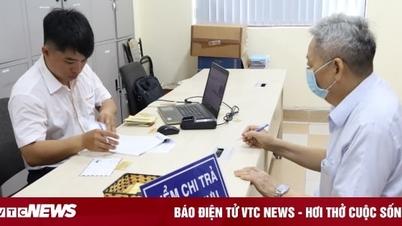








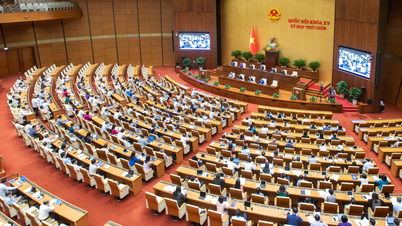

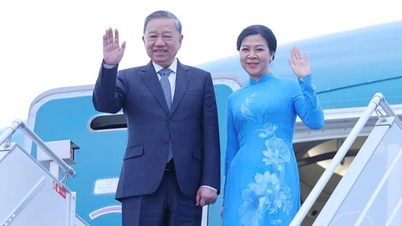











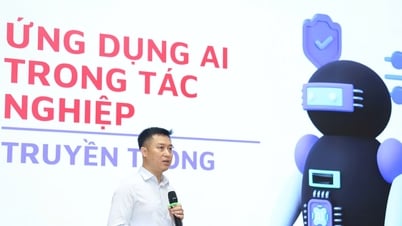


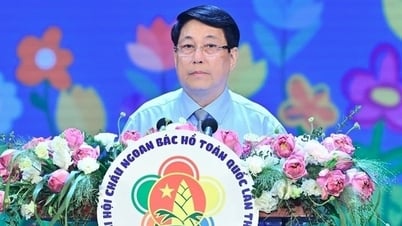

![[Photo] Close-up of An Phu underpass, which will open to traffic in June](https://vphoto.vietnam.vn/thumb/1200x675/vietnam/resource/IMAGE/2025/5/15/5adb08323ea7482fb64fa1bf55fed112)








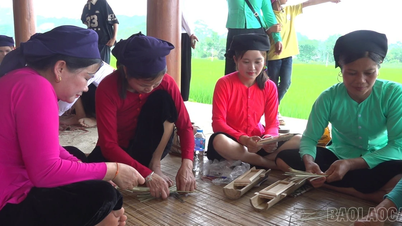


























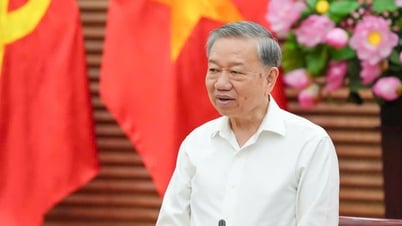

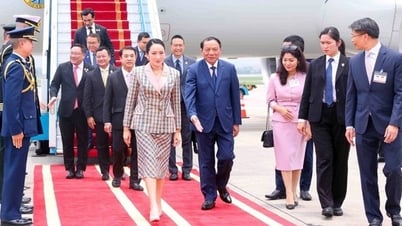

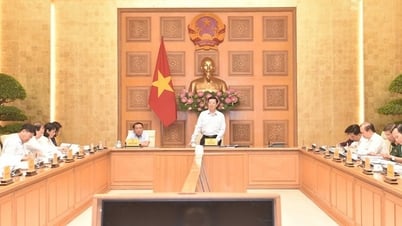



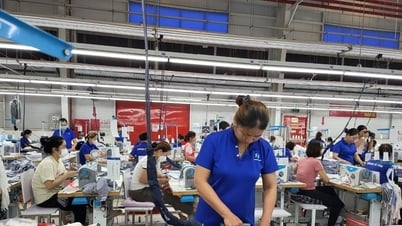

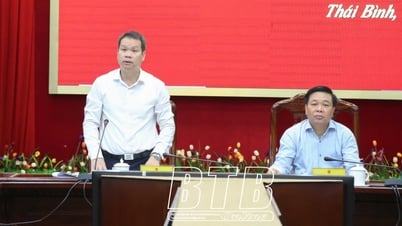

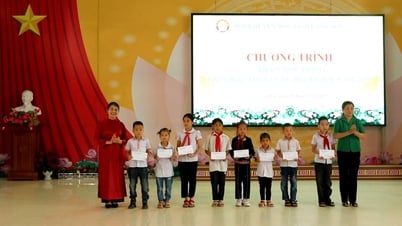

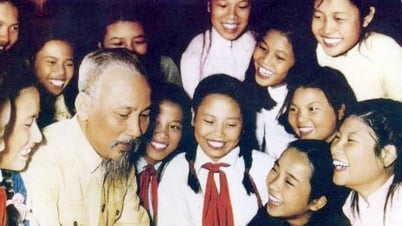


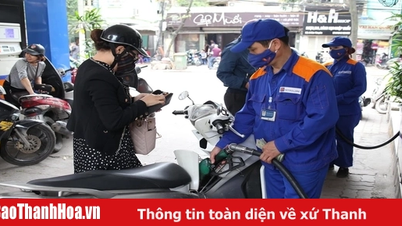










Comment (0)